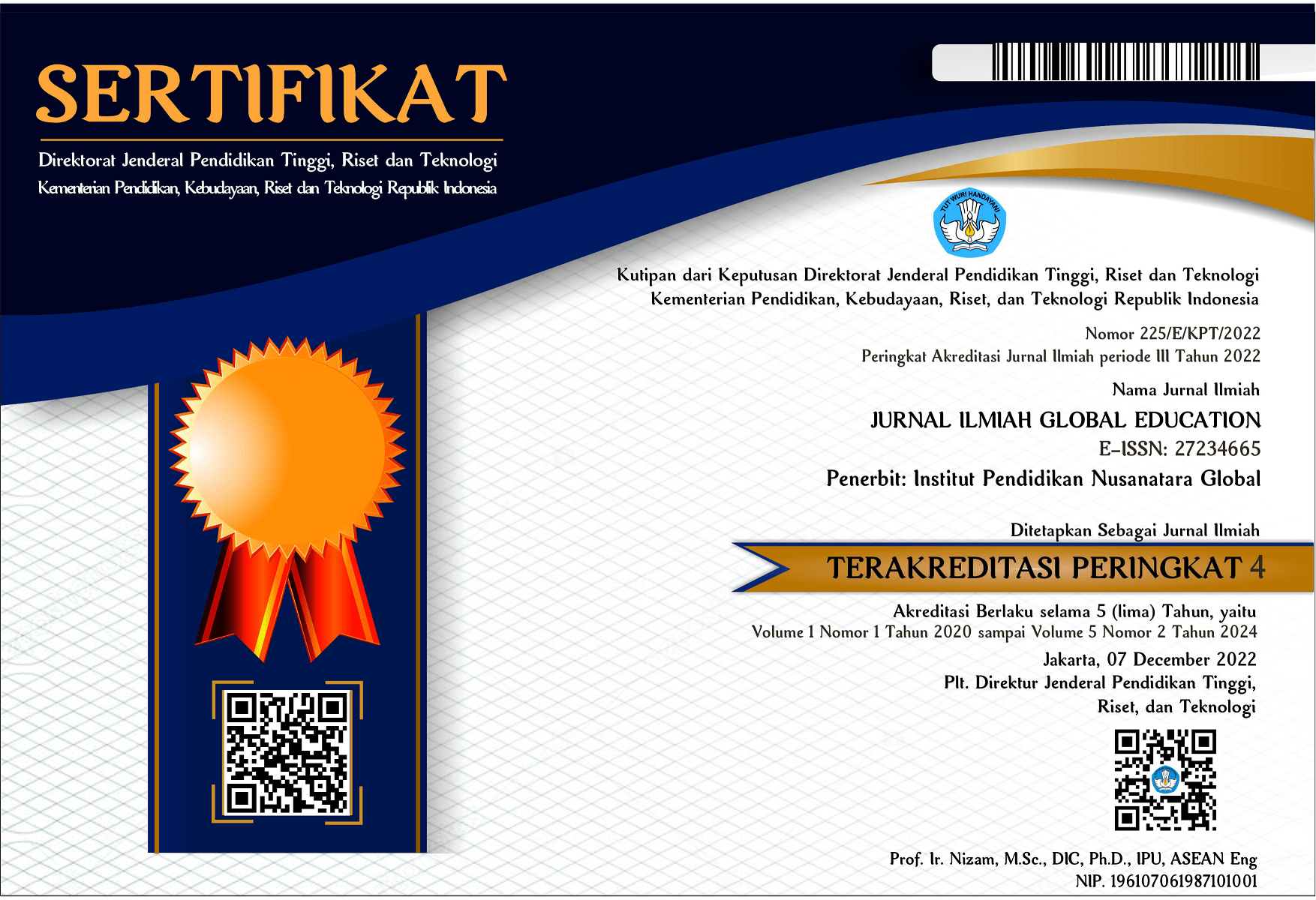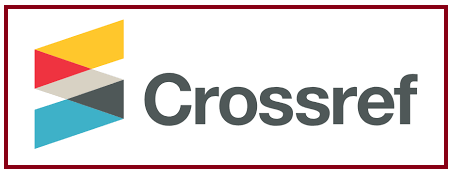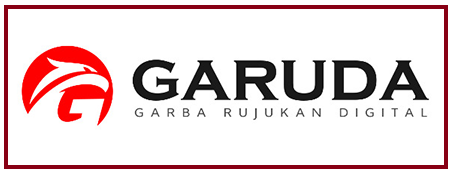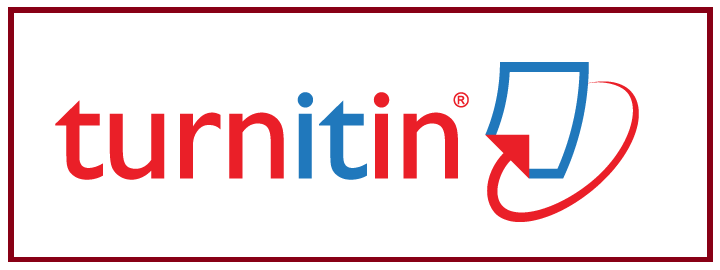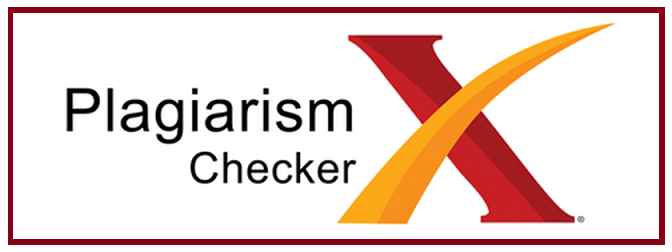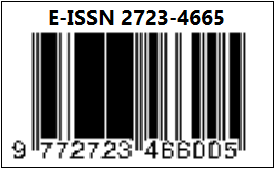Analisis Strategi Pengelolaan Sampah Berbasis Pengurangan (Reduksi) di Kecamatan Medan Helvetia Kota Medan
DOI:
https://doi.org/10.55681/jige.v5i2.2821Keywords:
Waste management, waste reduction, SWOT, AHPAbstract
This research aims to analyze reduction-based waste management strategies in Medan Helvetia District, Medan City. The method used is qualitative with a survey approach and using SWOT and AHP analysis. This research began by identifying waste reduction efforts that had been carried out by residents of Medan Helvetia District and then a Focus Group Discussion (FGD) was carried out which resulted in 3 activity targets to be developed, namely (1) strategies to increase community participation to join environmental care communities; (2) strategy to improve the performance of waste banks, and (3) strategy to implement the circular economy concept in waste management to support the improvement of the people's economy. Based on the results of the SWOT analysis, the appropriate strategy for realizing the first activity target is the integration of the waste management education program with the TP PKK work program as well as providing waste reduction information on social media and banners in each sub-district. The priority target for the second activity is placing outlets receiving segregated waste in strategic location in the sub-district as well as waste bank management training, and the third priority strategy target, namely partner collaboration and capital assistance as well as assistance with composter equipment to produce organic fertilizer. The results of the AHP analysis show that the priority strategy in waste management based on reduction is increasing community participation to join environmental care communities with a weight value of 0.446 with an inconsistency value of 0.00001. This research shows that to increase community participation, continuous education is needed to be able to sort organic and inorganic waste, as well as disseminate information and waste reduction campaigns on social media and banners in each sub-district.
Downloads
References
Afandi, A., Neolaka, A., & Saleh, R, 2012. Kesadaran lingkungan masyarakat dalam pemeliharaan taman lingkungan di Jakarta Pusat. Menara: Jurnal Teknik Sipil, 7(1), 14–14.
Amrifo, V., A.H. Dharmawan, S. Sunito dan E. Soetarto. 2014. Socio-ecological change and livelihood adjustment: a case study in Indonesian rural coastal community. International Journal of Research in Social Sciences. 4 (8) : 56-65.
Arda, M. 2019. Meningkatkan Keunggulan Bersaing Melalui Analisis SWOT. Perwira : Jurnal Pendidikan Kewirausahaan Indonesia. Vol. 2 No. 1, Hal 61-69.
Bank Dunia, 2013. Kajian Sanitasi Perkotaan di Asia Timur dan Pasifik : Indonesia.
Bambang Permadi S, 1992. AHP, Pusat Antar Universitas, Studi Ekonomi, Universitas Indonesia, Jakarta.
Cherubini, et. Al, 2009. Life cycle assessment (LCA) of waste management strategies: Landfilling, sorting plant and incineration, www.elsevier.com/locate/energy.
Daulay, 2014. Pengembangan Usaha Mikro untuk Pemberdayaan Ekonomi. MIQOT Vol. XL No. 1 Januari-Juni 2016
Damanhuri, E. dan Padmi, T., 2010. Diktat Kuliah TL-3104 Pengelolaan Sampah. Bandung: Teknik Lingkungan Institut Teknologi Bandung (ITB)
Data Studi Kelayakan TPA Regional Mebidang, Pemerintah Provinsi Sumatera Utara, 2021.
Djajadilaga, Maulyani, Aksa Tejalaksana, Heru Harnowo, Agnes Swastikarina Gusthi, Sudarmanto. Emisi Gas Rumah Kaca Dalam Angka. Asisten Deputi Urusan Data Dan Informasi Lingkungan, Kementerian Negara Lingkungan Hidup. Jakarta. Indonesia. (2009)
Ezeah, C., & Roberts, C. L. (2012). Analysis of Barriers and Success Factors Affecting the Adoption of Sustainable Management of Municipal Solid Waste in Nigeria. Journal of Environmental Management, 103, 9- 14.
Freddy Rangkuti, Teknik Membedah Kasus Bisnis Analisis SWOT, Kompas Gramedia, Jakarta.
Finnveden, 2013. Recent developments in Life Cycle Assessment, Journal of Environmental Management Volume 91, Issue 1.
Medan dalam Angka, BPS Kota Medan, 2021.
Peraturan Pemerintah Republik Indonesia Nomor 27 Tahun 2020 Tentang Pengelolaan Sampah Spesifik
Sadoko, Isono. 1993, Usaha daur ulang dan produksi Kompos. Centre for Policy and Implementation Studies (CPIS), Makalah Seminar Nasional Peningkatan Usaha Daur Ulang dan Pembinaan Pemulung di Indonesia, Jakarta.
Triana, Anisa Putri 2019, Evaluasi Kinerja dan Berkelanjutan Program Bank Sampah Sebagai Salah Satu Pendekatan Dalam Pengelolaan Sampah Dengan Konsep 3R DOI:10.5614/j.tl.2019.25.1.2
. Zulkarnain. 2017. Study on strengthening economic community institutions in the economy of MSME in Riau, Indonesia. International Journal of Economic Research. 14 (2) : 61-72
Downloads
Published
How to Cite
Issue
Section
License
Copyright (c) 2024 Farakh Yolanda Koilola, Dwi Lindarto Hadinugroho, Achmad Siddik Thoha

This work is licensed under a Creative Commons Attribution-ShareAlike 4.0 International License.


